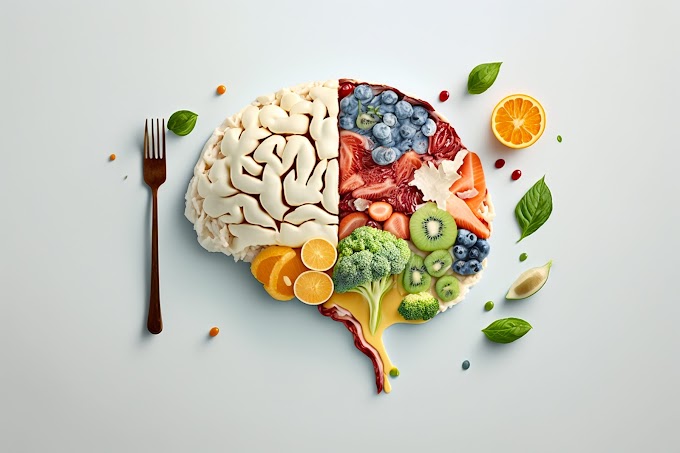When it comes to getting a good night's sleep, we often focus on factors like bedtime routines and sleep environment, but we may overlook the crucial role that nutrition plays in promoting healthy sleep patterns.
Certain nutrients and foods have been shown to
have sleep-promoting properties, while others can disrupt sleep if consumed too
close to bedtime. For example, foods rich in tryptophan, such as turkey, nuts,
and seeds, can help promote the production of serotonin and melatonin, two hormones
involved in regulating sleep-wake cycles.
Similarly, magnesium, found in foods like leafy
greens, nuts, and whole grains, has been linked to improved sleep quality and
can help relax the muscles and calm the nervous system.
On the other hand, consuming stimulants like
caffeine and sugary foods late in the day can interfere with sleep by
increasing alertness and disrupting the body's natural sleep-wake cycle.
In addition to individual nutrients, overall
dietary patterns can also influence sleep. Diets rich in fruits, vegetables,
whole grains, and lean proteins have been associated with better sleep quality,
while diets high in processed foods and added sugars may contribute to poor
sleep.
By paying attention to our nutritional intake
and making mindful choices about the foods we consume, we can support better
sleep health and wake up feeling more refreshed and energized each day.







